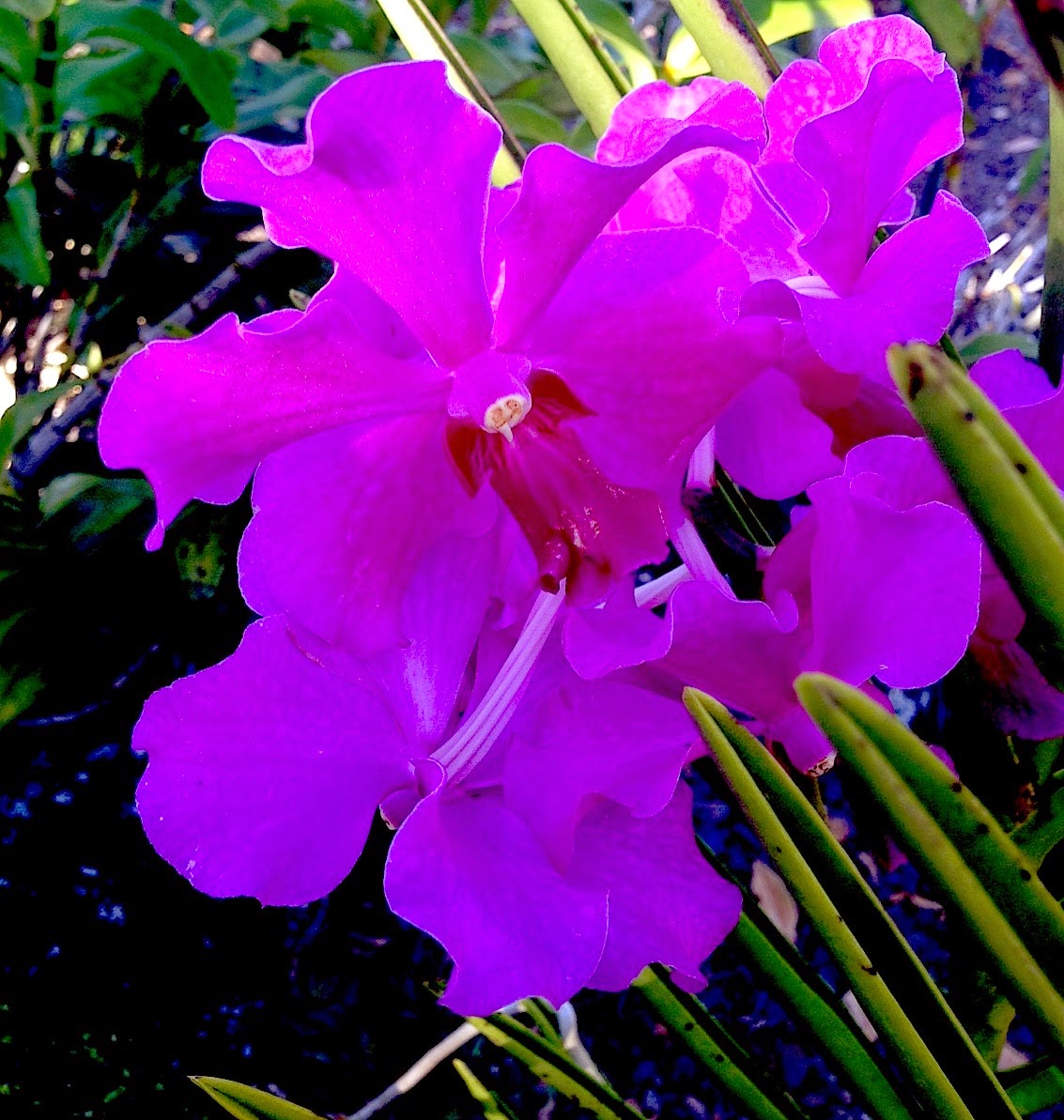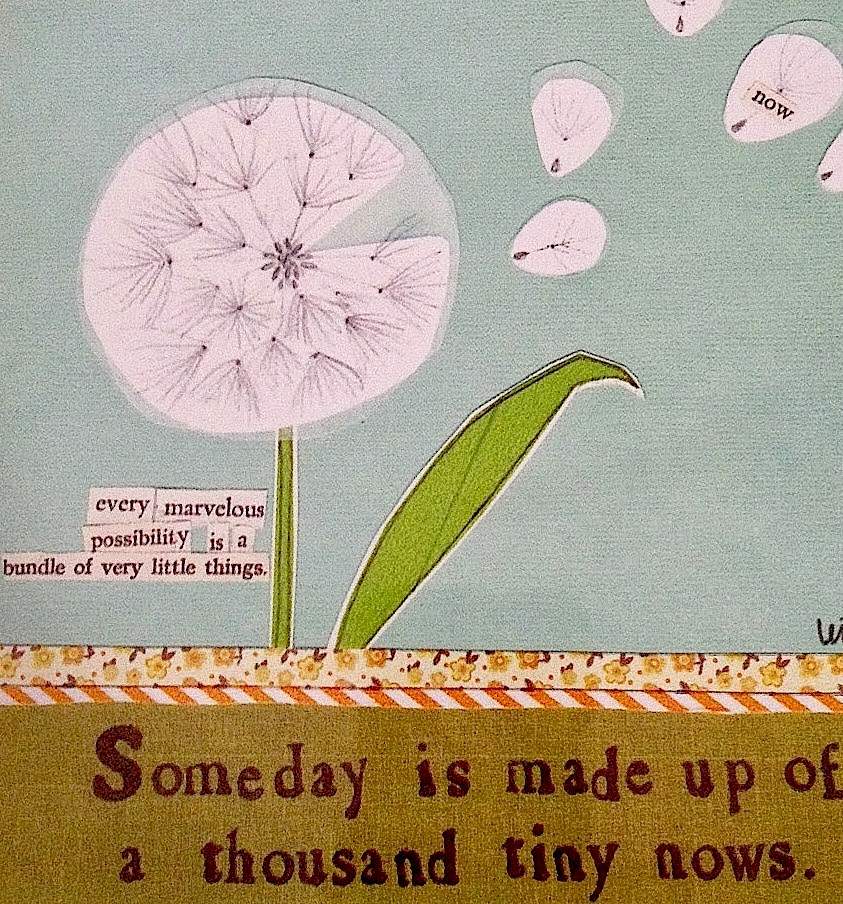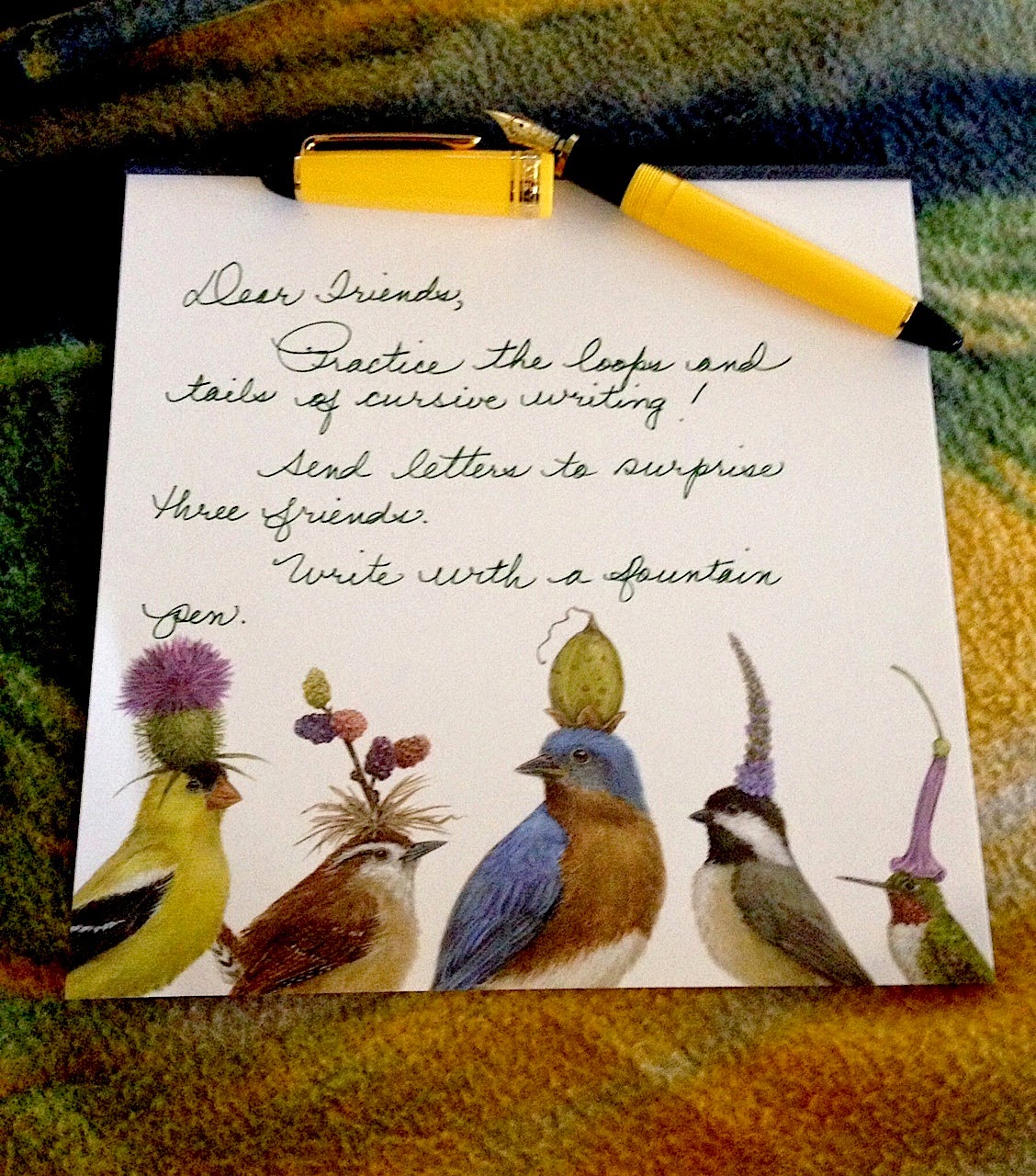Be content with what you have; rejoice in the way things are. When you realize there is nothing lacking, the whole world belongs to you.
- Lao Tzu
- Lao Tzu

Our bodies supply a wisdom all their own. They express this through the signals of comfort and discomfort.
Live your moments.
Put your attention on what is.
Accept the present moment as it unfolds.
Don't struggle. Avoid living in the rear view mirror.
Take time for silence. Quiet your internal chatter. Grow big ears to really listen to others. You will respond with insight as a result.
Use your ability to say NO. Mean it.
You're going to have "dip" days. Look up at the clouds. Notice movement in tree tops.
Relinquish the need for approval. Don't rely on the audience. Believe in yourself.
You will feel freedom in that choice. Build your self-acceptance through positive actions and choices.
Watch your anger reactions. When you react with rage to any person, situation or circumstance, recognize you struggle only against yourself.
Lighten up. Control your Power.
Put your attention on what is.
Accept the present moment as it unfolds.
Don't struggle. Avoid living in the rear view mirror.
Use your ability to say NO. Mean it.
Relinquish the need for approval. Don't rely on the audience. Believe in yourself.
You will feel freedom in that choice. Build your self-acceptance through positive actions and choices.
Watch your anger reactions. When you react with rage to any person, situation or circumstance, recognize you struggle only against yourself.
Lighten up. Control your Power.
Remember, Birds never worry!






































